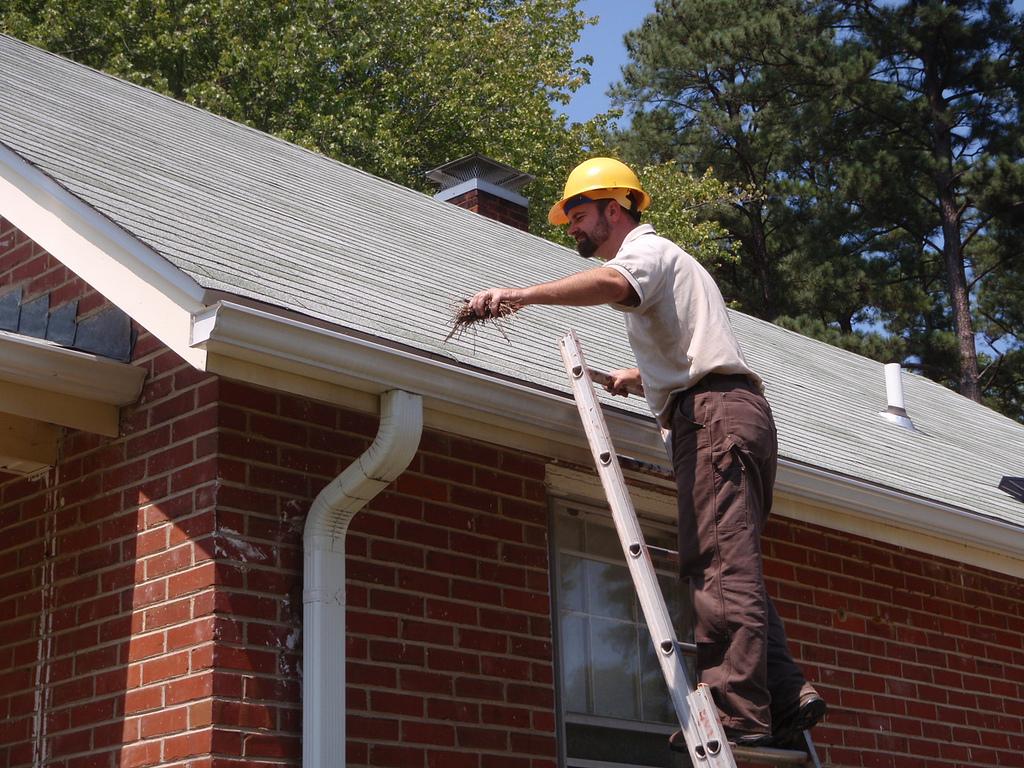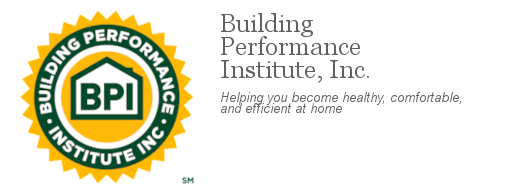
When it comes to having a healthy home, it's important to take a comprehensive approach. For example, conserving energy and resources causes fewer harmful emissions, less wear and tear, and less costly bills. Keeping your home clean, green, and well maintained will not only lead to healthier living, but it'll also help you save money over time.
Here are ten helpful tips for keeping a healthy home.
1. Bamboo
Switch to more sustainable materials, like bamboo. Bamboo is an environmentally friendly alternative to hardwoods and stone, as it is easier (and cheaper!) to source, and, it's just as durable. Use it as flooring and even for countertops, as it's both food-safe and easy to manipulate for design purposes.
2. Electricity
Using less is always the first step to going green. Utilize the natural light in your home and turn off lights when you leave. If you often forget to turn off your lights, you can purchase occupancy and vacancy sensors that will automatically switch off your lights when there isn't any movement in the room. Keep the thermostat low, and instead opt for cozy blankets and an extra layer of clothes. You can also purchase energy-saving alternatives, such as CFL and LED bulbs, and high-efficiency appliances.
3. Water
Again, using less is the key to going green. Take shorter showers, and don't run the water when you brush your teeth. Invest in high-efficiency dishwashers and washing machines, as well as efficient bathroom and kitchen fixtures. Look for low-flow toilets and other amenities with EPA WaterSense certification. These changes may have at first seem inconvenient, or have a higher up-front cost, but will significantly lower your water bill in the long run.
4. Air
In mild weather, opening your windows is a great way to keep the air in your house fresh and cool. During other times of the year, keep your indoor air clean! Invest in a ventilation system, especially in new homes, which are tightly sealed. Utilize bathroom and kitchen fans, high-efficiency particulate arresting (HEPA) air purifiers, and humidifiers to improve the air quality in your home. If you have a basement, install a dehumidifier to prevent mold and mildew.
5. Windows
Your windows are one of the least-insulated parts of your home. Opt for double paned windows, and re-calk around the seals to prevent heat loss. Utilize the sun's natural heat by opening blinds during the winter, and keep blinds closed during warmer months.
6. Walls
When it comes to your walls (whether you're building new ones, or repairing damage), opt for moisture-resistant gypsum panels. Adding a fresh coat of paint? Choose low or zero VOC paints, which contain few or no volatile organic compounds, keeping the air inside your house cleaner and healthier.
7. Fireplace
If you have a fire place, install a chimney fan to increase ventilation and keep smoke from blowing back into your house. If you're looking for a new unit, try a sealed-combustion gas fireplace. A well-maintained fireplace is a great alternative to central heating, as well as a lovely centerpiece in any room!
8. Landscape
Planting native species in your garden reduces the need for pesticides, fertilizer, and additional water, because those species are already well adapted to your local environment. You can also plant flowers that create habitat for natural pollinators, like bees, butterflies, and hummingbirds.
9. Gutters
Gutters direct water away from your home, helping to prevent structural damage to the roof and foundation. Make sure your gutters are properly maintained and cleaned regularly, at least once per year. You can even collect gutter runoff in rain barrels for storing and recycling water.
10. Roof
Maintaining a sturdy roof is essential to a healthy home. Whether you're replacing, repairing, or building, consider your local climate before you commit to roofing material. Choose those that are best for common weather patterns, and when possible, opt for recycled materials. If your house tends to get a lot of sun, consider adding solar panels. While they can be costly up front, solar panels can help lower your electricity bill over time. Additionally, you should always make sure to insulate your roof. Hot air rises and will escape through the top of your home if it isn't insulated properly.

Follow us